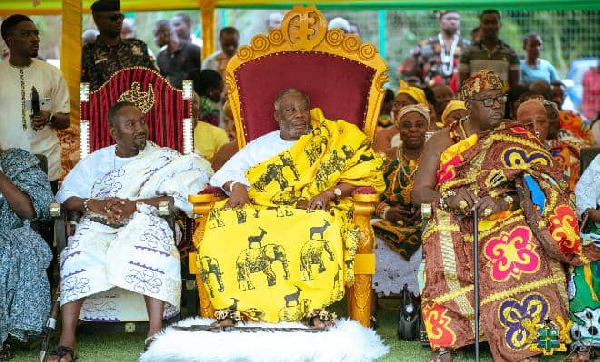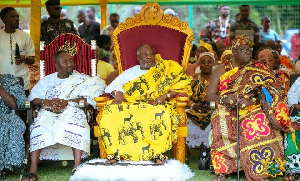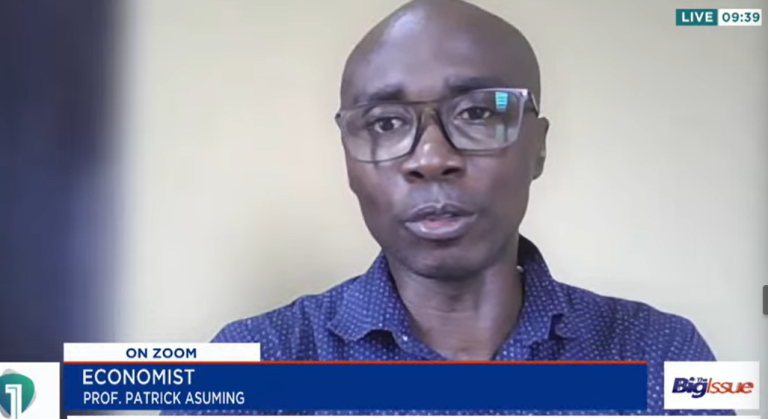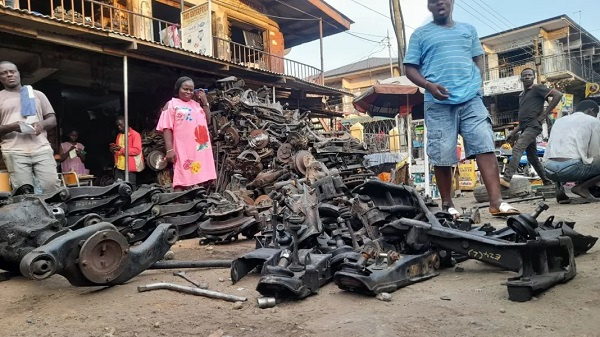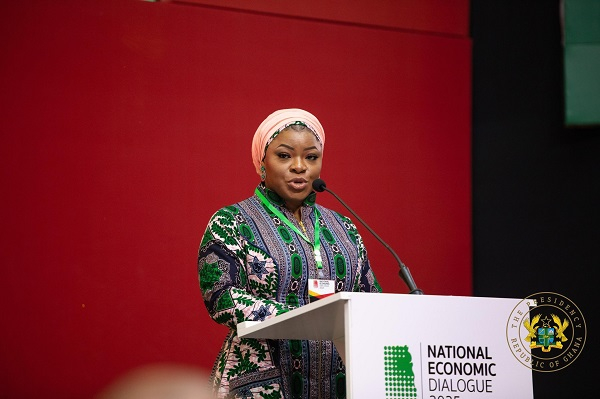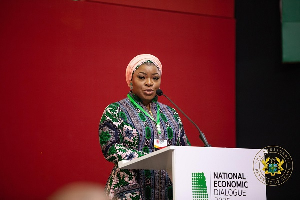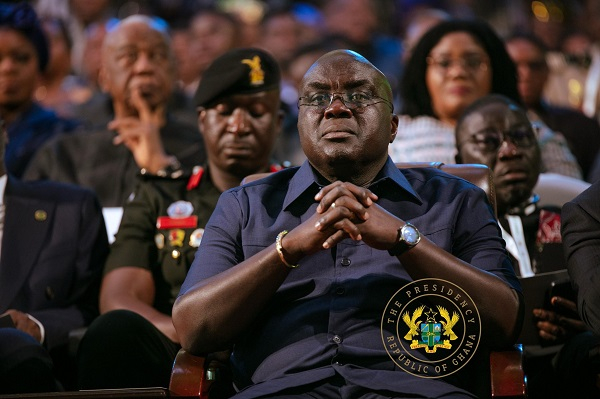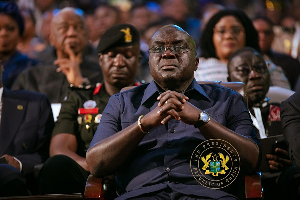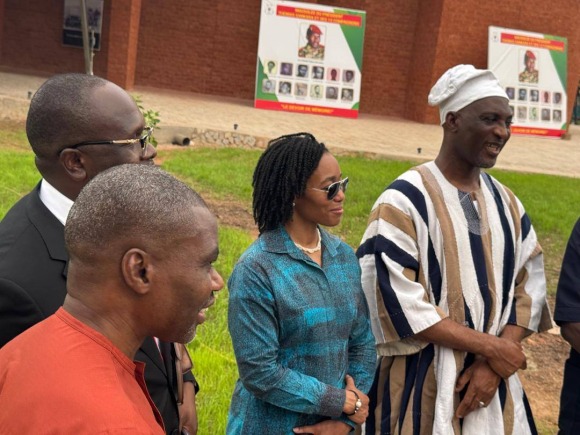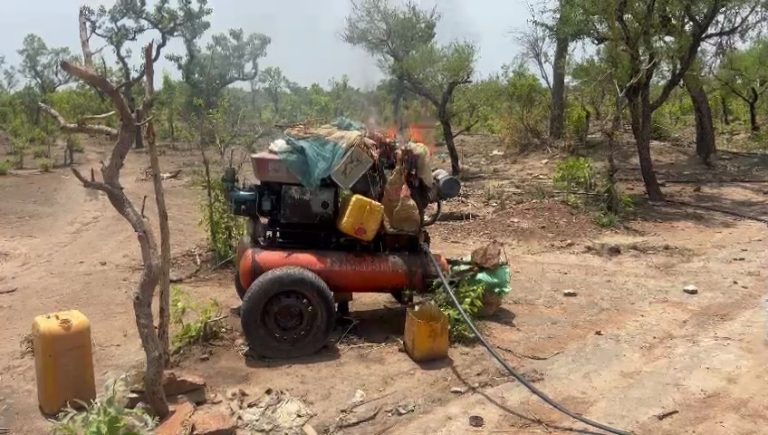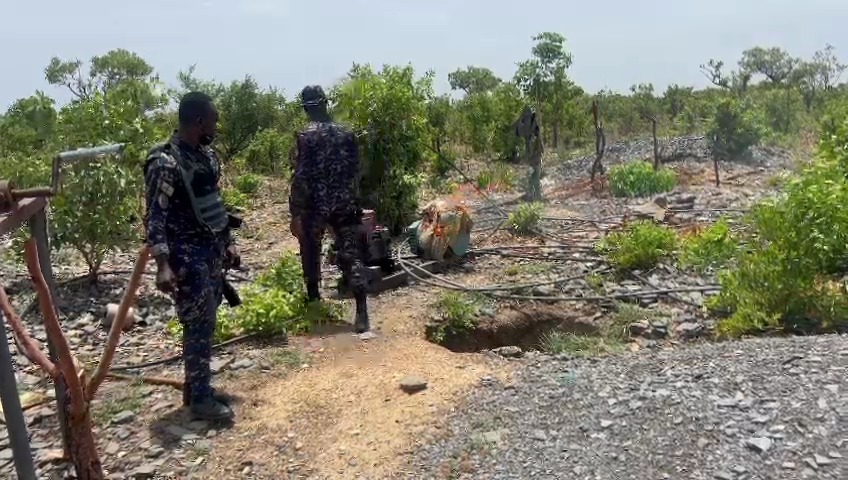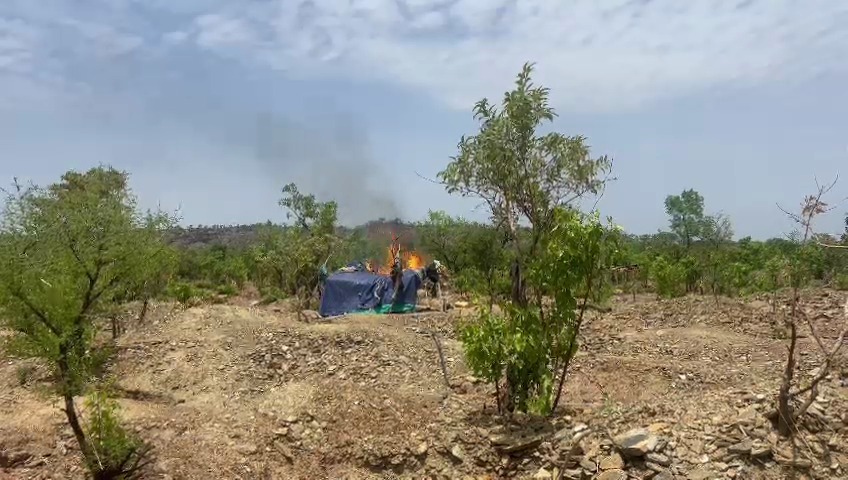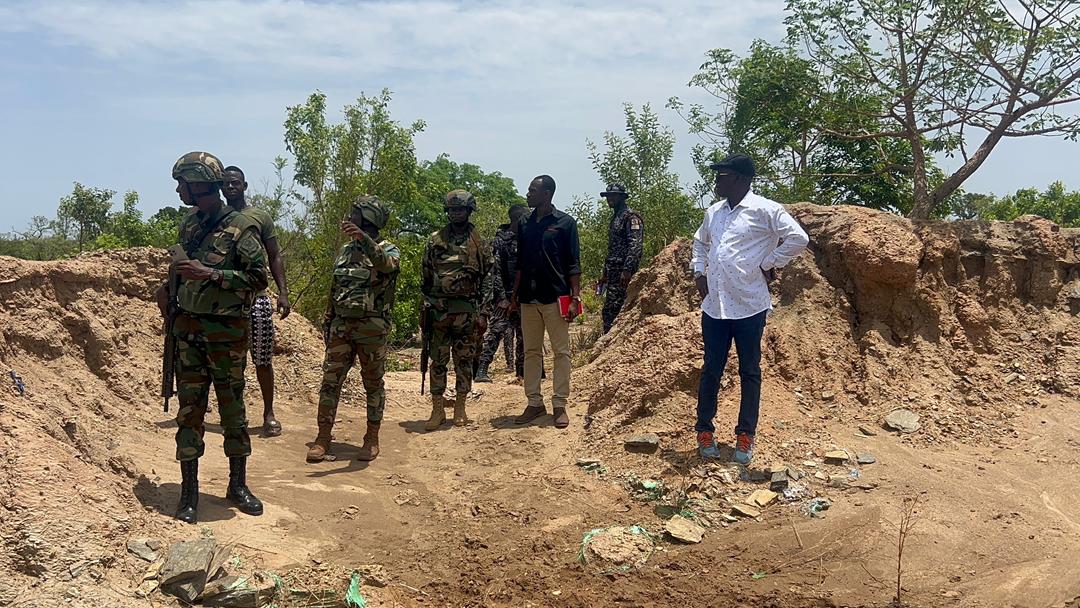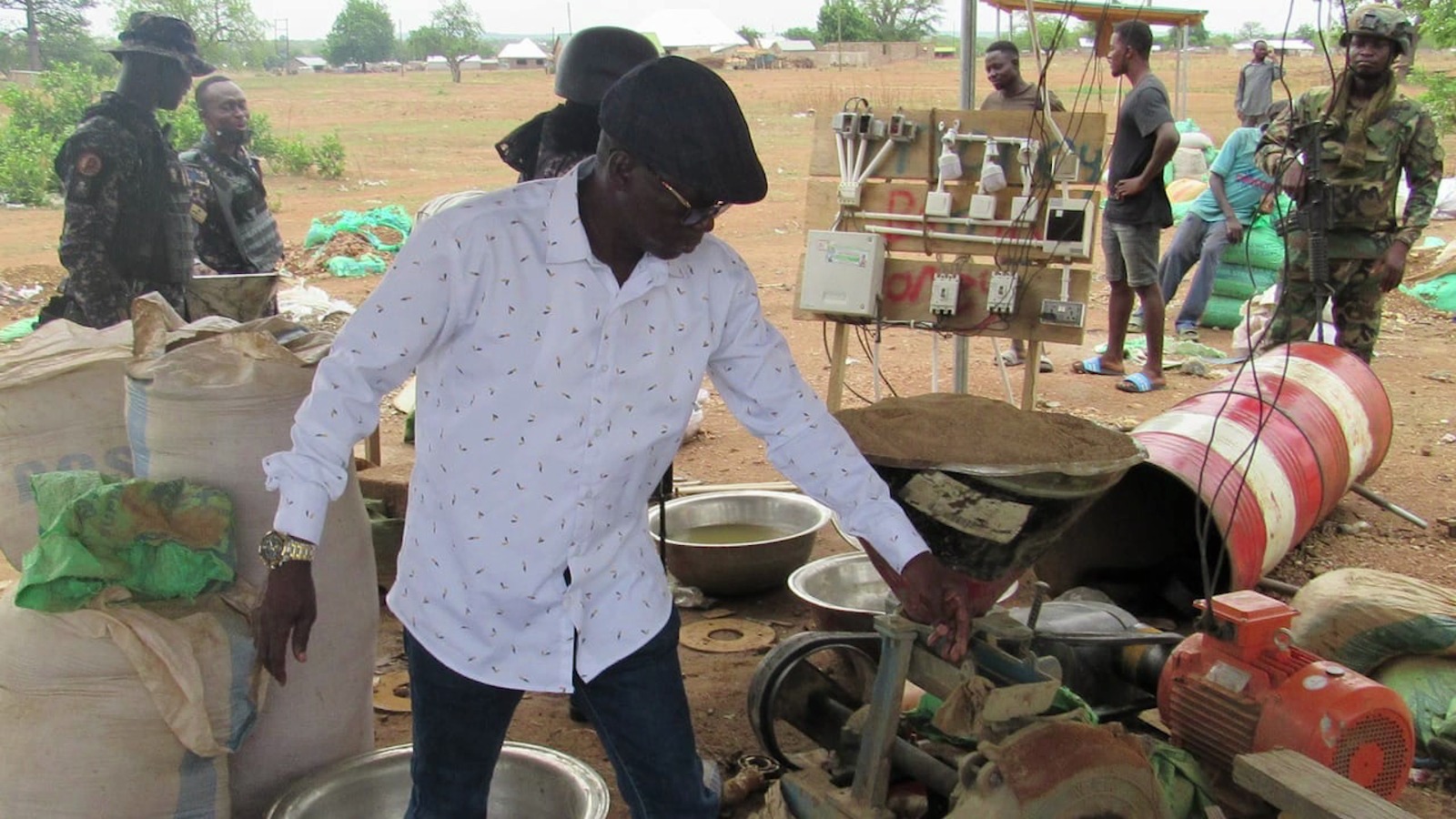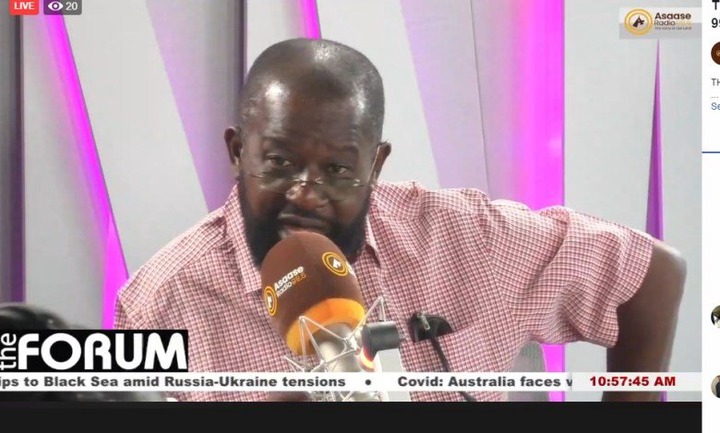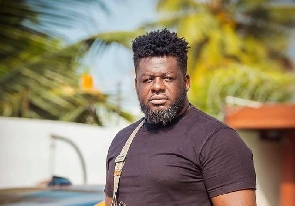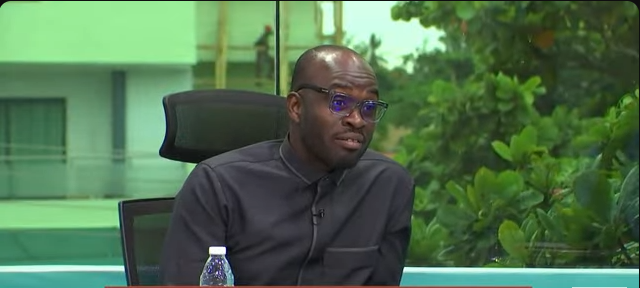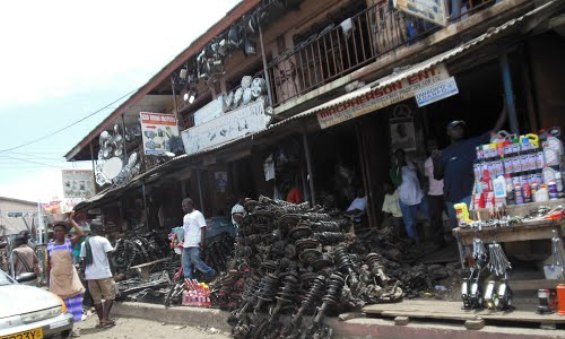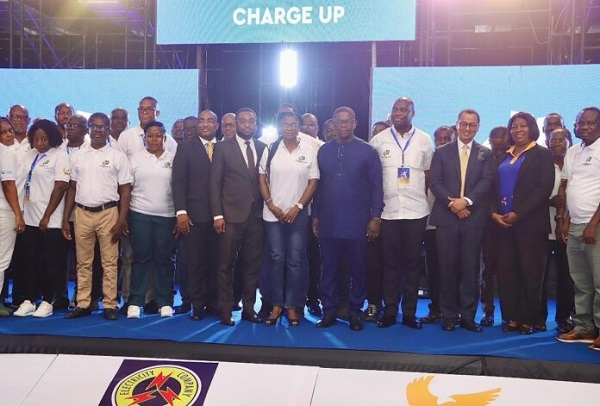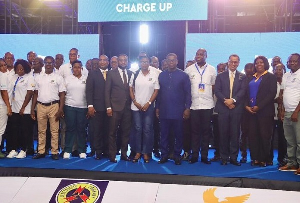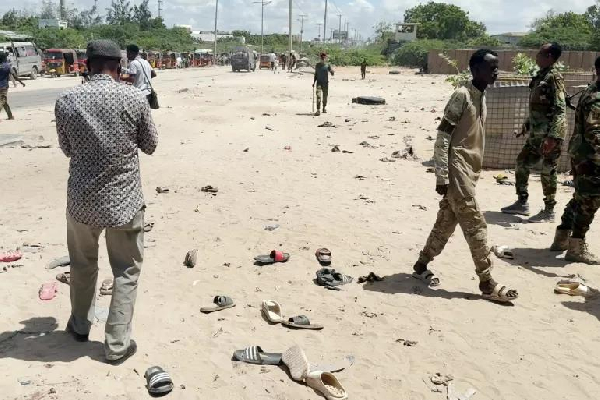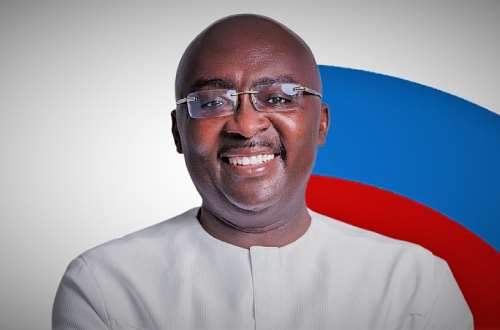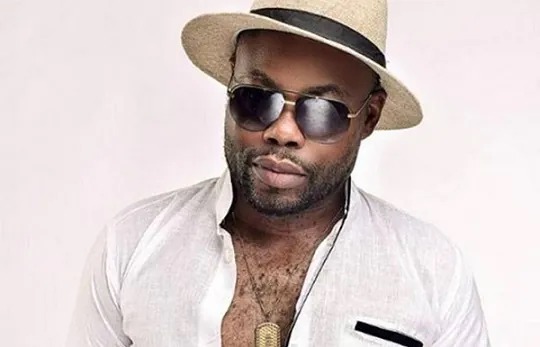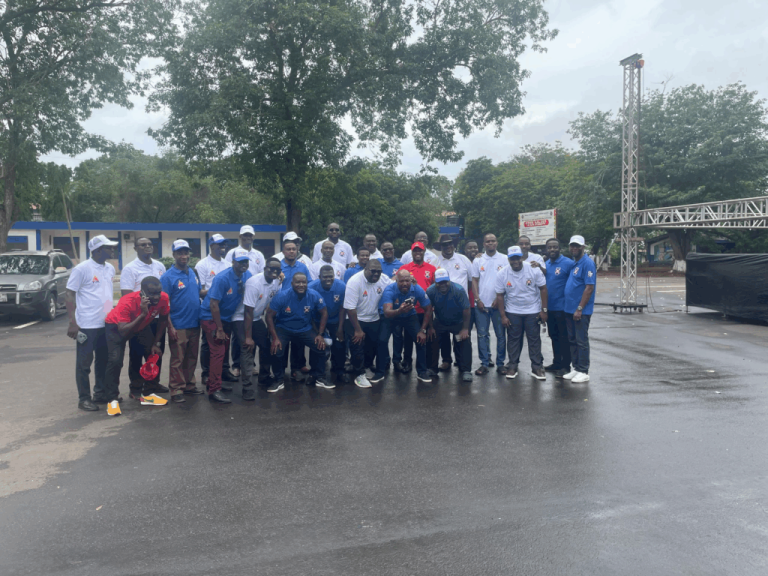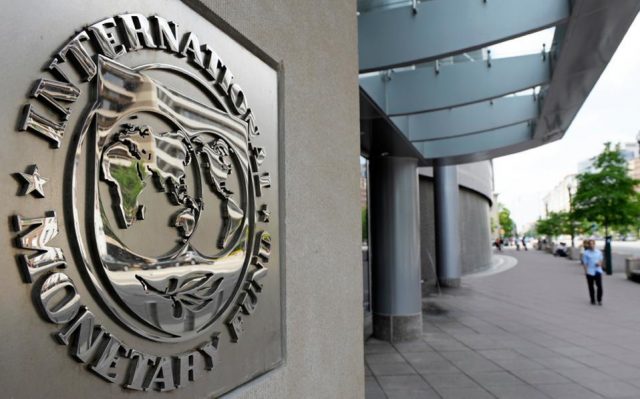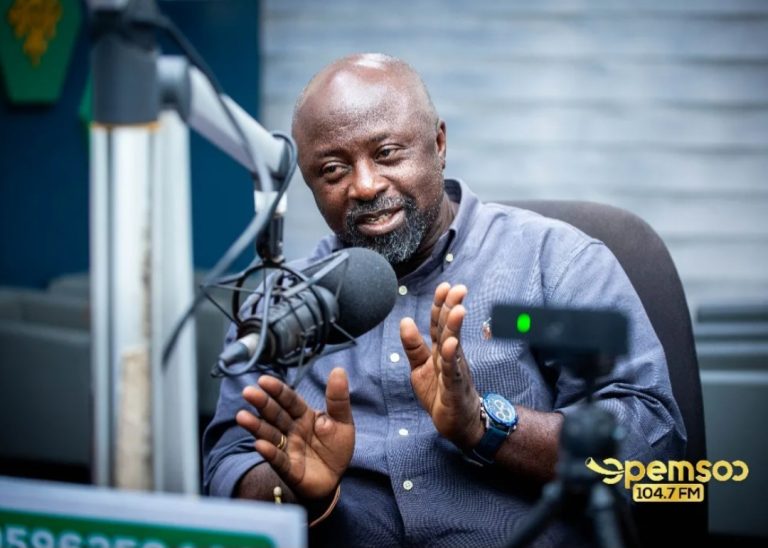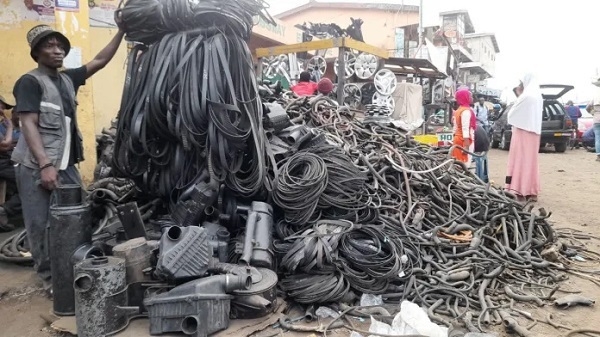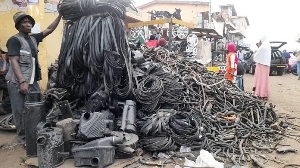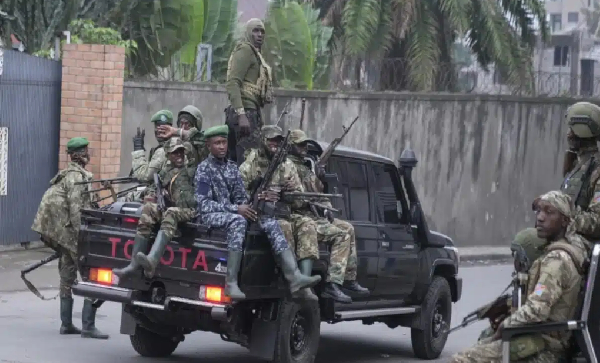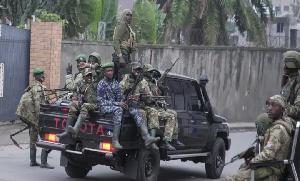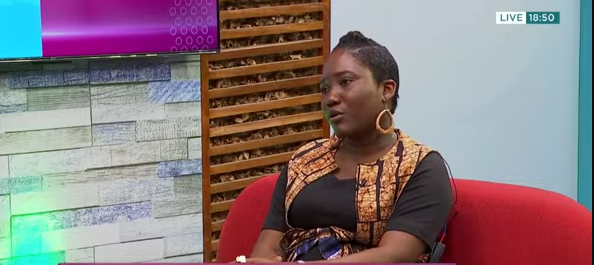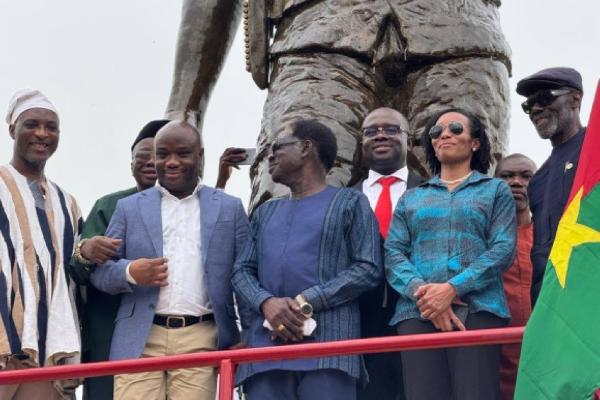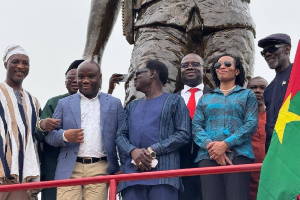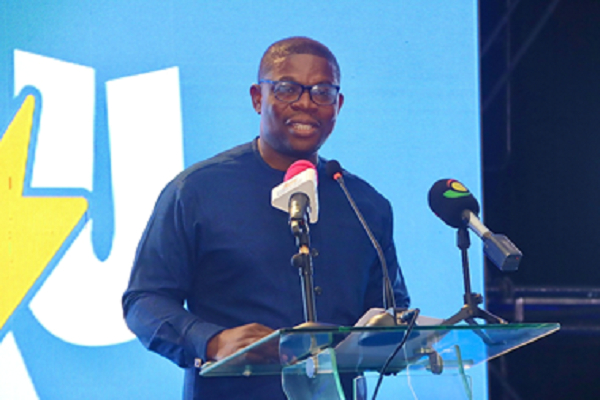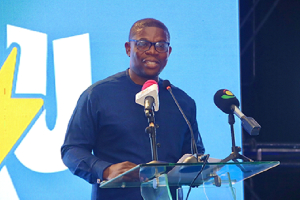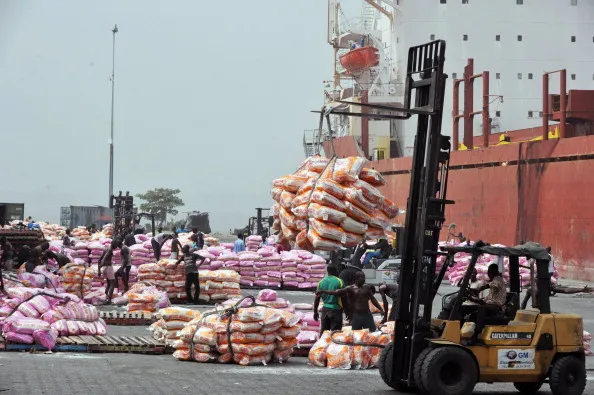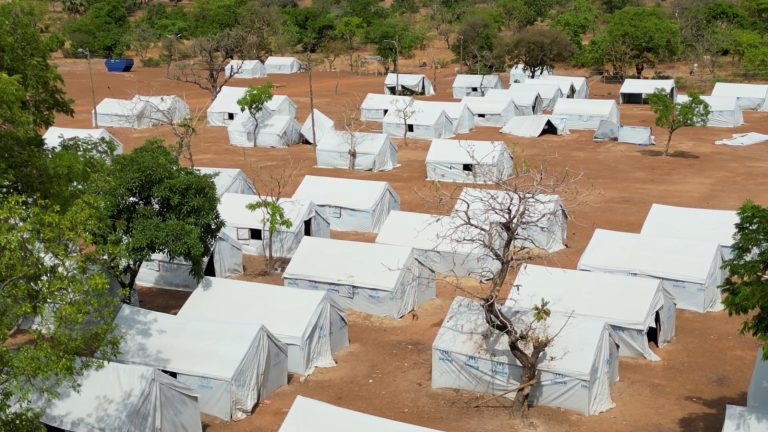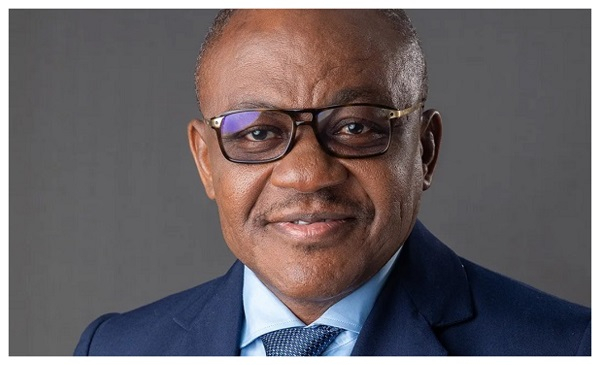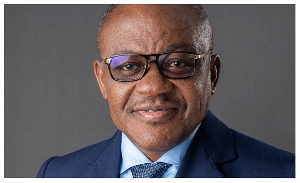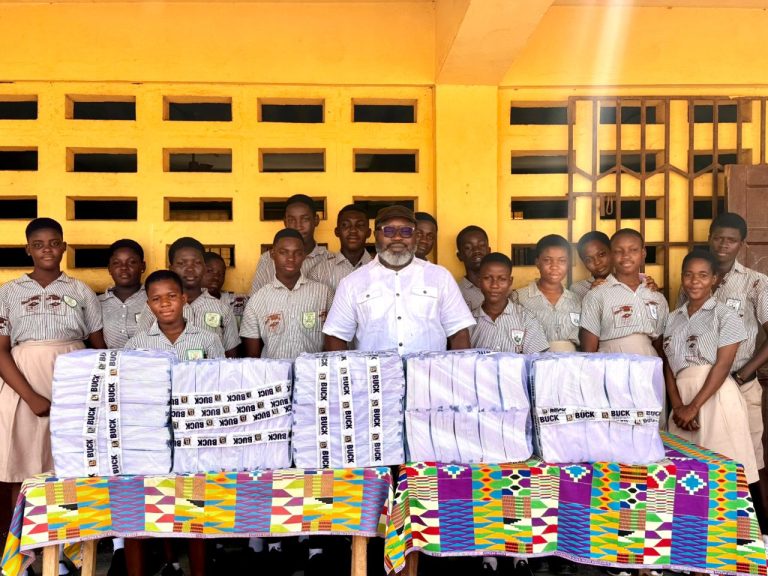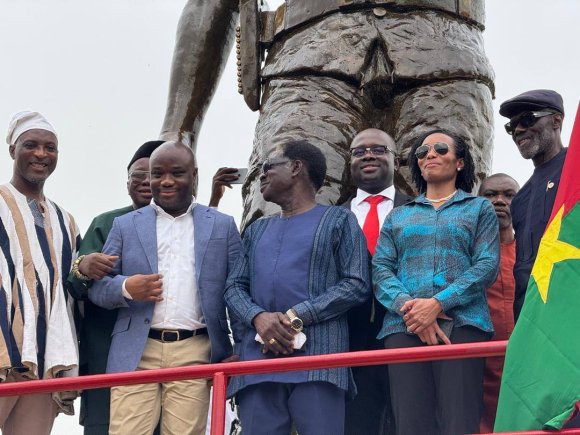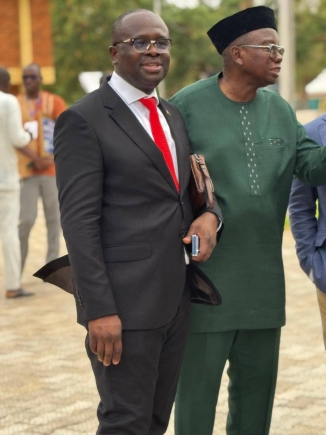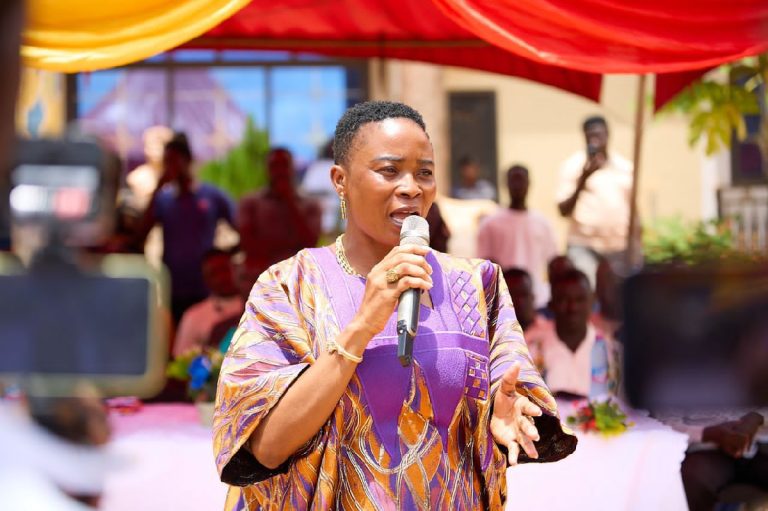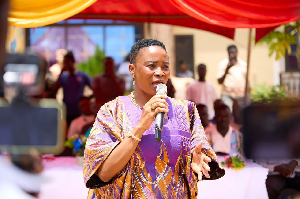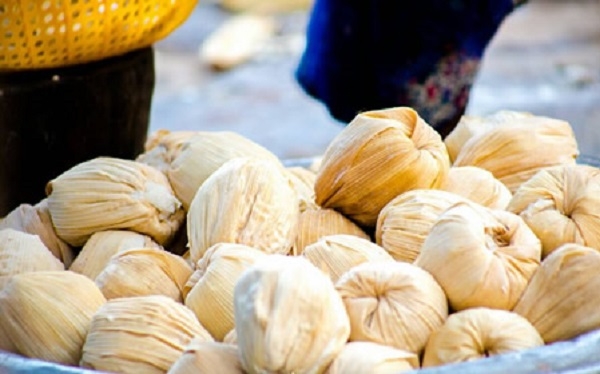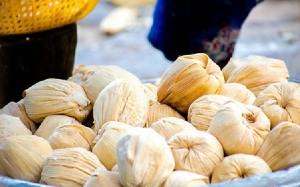The Ministry of Energy and Green Transition has dismissed claims that its Minister, John Jinapor, is engaging in scaremongering over the country’s energy challenges, asserting that his recent statements to Parliament were factual and transparent.
The allegations were made by the Member of Parliament for Walewale, Tia Abdul-Kabiru Mahama, who accused Jinapor of using alarmist tactics in managing the ongoing power crisis.
Speaking on Channel One TV’s The Big Issue on Saturday, May 17, Kabiru criticized what he described as the minister’s persistent fear-based messaging, urging a shift toward more constructive communication.
“Since he assumed office, it has been one alarm after the other,” Kabiru stated. “And I understand he is doing that because it gives him the leeway to award contracts without passing through procurement.
“My intelligence and oversight suggest that over GH₵200 million worth of sole-sourcing has been done without going through the right process. He should stop the scaremongering and be more of a hope monger.”
In a response on the same programme, the Ministry’s Public Relations Officer, Richmond Rockson, refuted the claims, insisting that Minister Jinapor’s remarks were aimed at providing Parliament with a candid overview of the energy sector’s current state.
“The Minister for Energy and Green Transition is not engaged in scaremongering,” Rockson stated.
He explained that the Minister’s comments were delivered during a briefing to the Parliamentary Select Committee on Energy on Thursday, May 15, during which he addressed several pressing issues—including Ghana’s rising energy sector debt, which stood at $3.1 billion as of December 2024—and concerns about fuel availability for thermal plants.
“He also disclosed that at the time he was speaking, it was left with 2.6 days, and that his headache was how to find money and that fuel had been procured,” Rockson explained. “It’s unfortunate that that point the minister made was not captured, but consistently the media reported the 2.6 days and failed to report that the minister there and then said that fuel had been procured.”
Rockson emphasised that the Minister’s statements were a call for deeper reforms to ensure long-term sustainability in the sector.
“[He said] We need to find sustainable ways to procure fuel because we can’t keep going back to the Ministry of Finance, and there are structural reforms that we should look at. If it means that we should take a second look at the tariff structure, which is currently before Cabinet, we will do that,” Rockson added.
Rejecting Kabiru’s characterisation of Jinapor’s remarks as fear tactics, Rockson reiterated the Minister’s commitment to transparency.
“So it is not accurate if he [Kabiru Mahama] keeps saying that the minister is scaremongering. What the minister did was to be truthful to the parliamentary select committee,” he emphasised.
Stop scaremongering and offer solutions – Kabiru slams Jinapor

